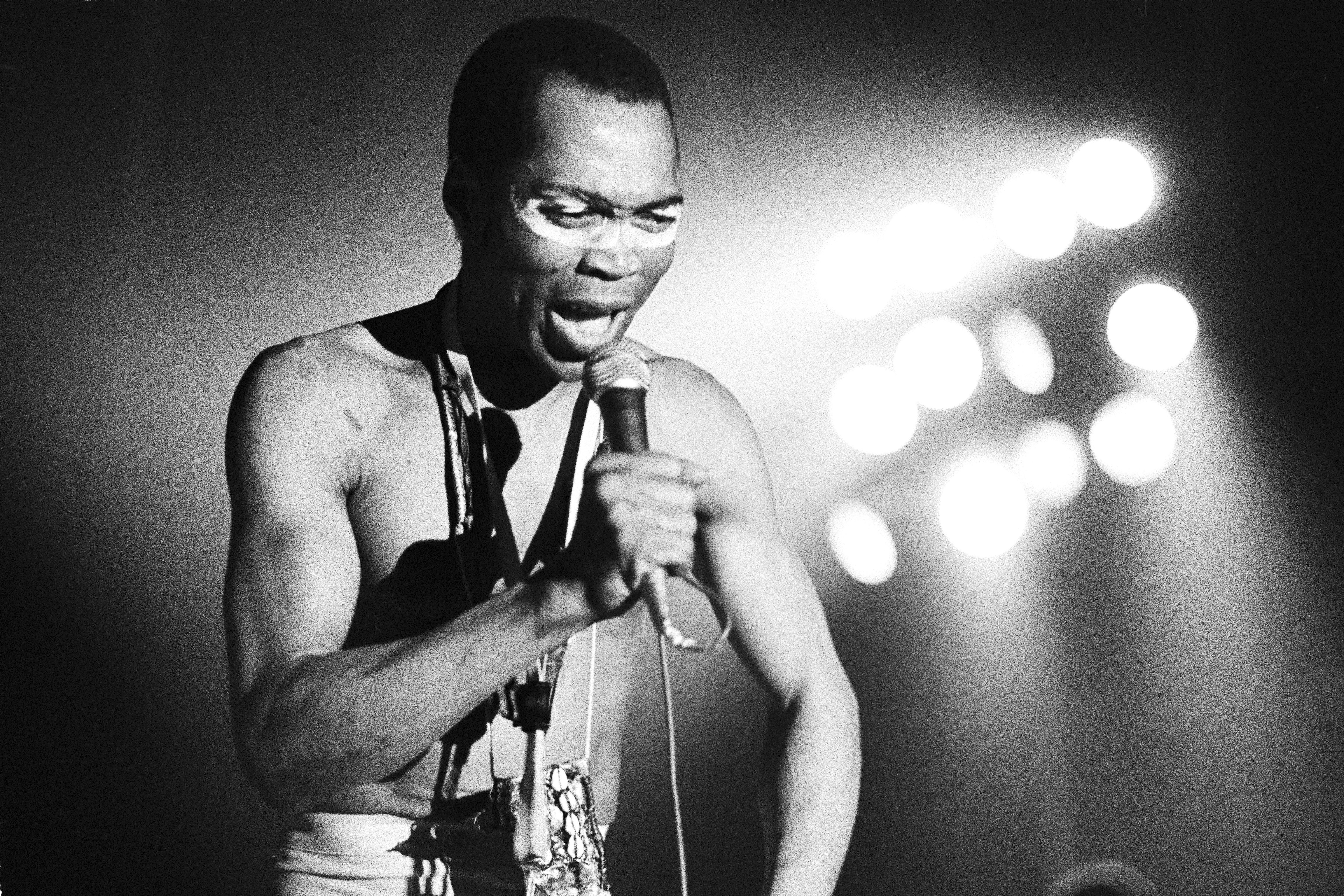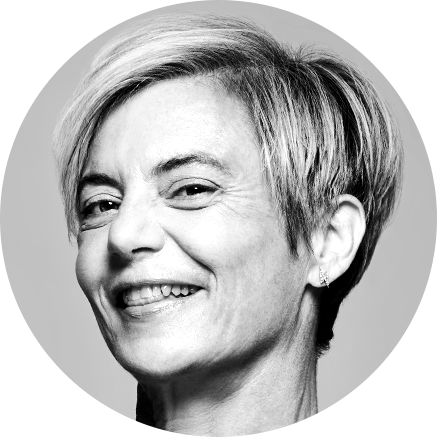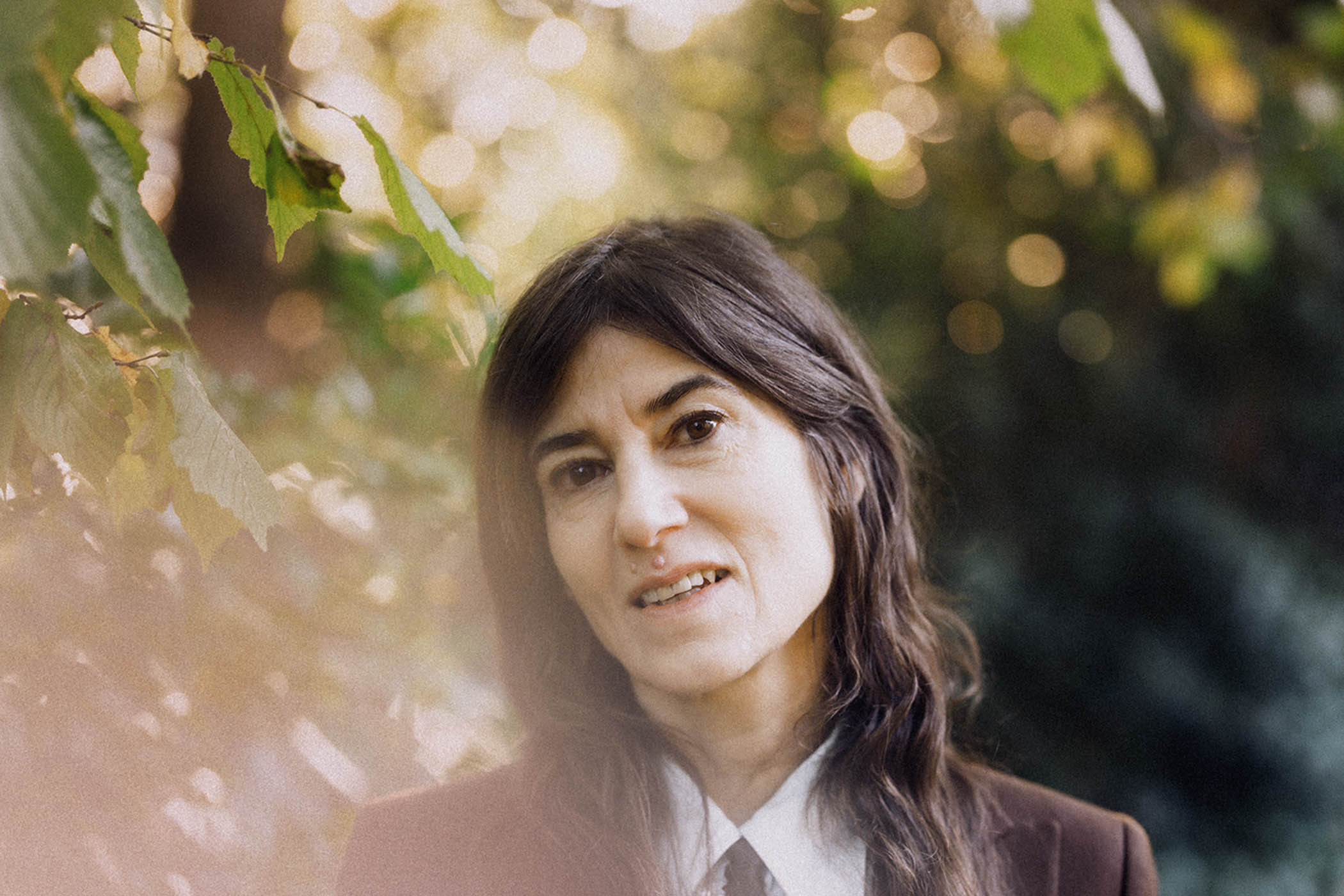Jad Abumrad’s series on Fela Kuti is one to sink into. Abumrad co-created and hosted Radiolab, and was the presenter of the phenomenally successful series Dolly Parton’s America. Now he brings his warm, professorial approach to this 12-parter on the fascinating giant of Nigerian music and activism.
Later episodes feature Tony Allen, David Byrne, Brian Eno and Barack Obama – more than 200 interviews were conducted for the series – but Kuti’s origin story was a highlight. I didn’t know that he attended London’s Trinity College music school, nor that he was playing the white western canon before moving to polite jazz. He took time to become his true self – that fiery, fearless figure. “He was still walking around with the colonial attitude,” says one guest. “He hadn’t become black.” The musician Dele Sosimi’s description of playing with Kuti is a revelation. Kuti would have his band play one song for an hour – which meant that Sosimi, a second guitarist, would have to play the same riff that whole time. How did he manage it? “The repetition gives me home,” he says while playing that very riff. He demonstrates his breathing, and the beat – a wonderful listen. Essentially, his breath would slow down, and he would go into a meditative state. “It’s gonna be OK,” he says. “It’s OK, there’s more to come, it’s OK, it’s OK.”
The series tackles the politics that shaped Kuti’s life: how British colonialism, which seemingly offered opportunity, was actually embedding future disaster for ordinary Nigerians. And for Kuti himself, who was to become not only the creator of Afrobeat, but also an activist in Nigeria during the military regime in the 1970s. He formed a political party; he was imprisoned; his mother was killed in a raid by soldiers. This is an in-depth work about a complicated musical great. Twelve episodes might seem a lot, but each one is a treat.
Fear No Man is a scholarly work, hard to argue with thanks to the breadth of its research. A View From A Bridge is different. It’s about the edit: how the interviewer is there, but also not. You may be familiar with the show from social media (it has more than 150m views on Instagram). These are short films in which a person stands on a bridge somewhere in the UK, holding an old-fashioned telephone receiver, and tells an interesting, personal story while looking out over the river, or the traffic, or the railway line. The camera moves from closeup to distant, panning out to include the surrounding landscape as their story unfolds, reminding us that the personal is the universal.
The creator Joe Bloom, who is on the other end of the phone, has now made his series into a podcast. In the social videos, he is edited out completely; in the podcast, he’s a little more present. In the first episode, he explains the reason for the bridge: “Bridges are not conclusions, they are places in between decisions and ideas, which take us from one place to another,” he says. “. These conversations are all held in this very space. It’s neither here nor there, but somewhere.” Lovely; and hence the open-minded, open-ended results.
Each podcast episode is themed and contains several conversations. They are longer than on the videos, allowing the speaker to go deeper. Three shows were released this week, two featuring celebrities: Rebecca Lucy Taylor aka Self Esteem and Franz Ferdinand’s Alex Kapranos on parenthood (or non-parenthood); and Jason Williamson from Sleaford Mods on sobriety. The third, about leaving home, features a heartbreaking account from someone called Matty of his years as a homeless teenager in the Midlands. We also hear from Elnaz, an Iranian whose mother moved her and her siblings to the UK: “She didn’t want me and my sister to grow up in a place that was constantly suffocating us. And she didn’t want my brother to turn into those men who thought they had the right to treat women like that.” There’s trans woman Yuna, who came here from Singapore and makes an astute point about colonialism; Bradley, who found learning to look after himself at university a challenge; and student Dmytro, from Ukraine, who wrestles with the fact so many people from his village have been killed in the war while he is safe studying in Birmingham. What they say stays with you.
Photograph by Getty Images
Newsletters
Choose the newsletters you want to receive
View more
For information about how The Observer protects your data, read our Privacy Policy



